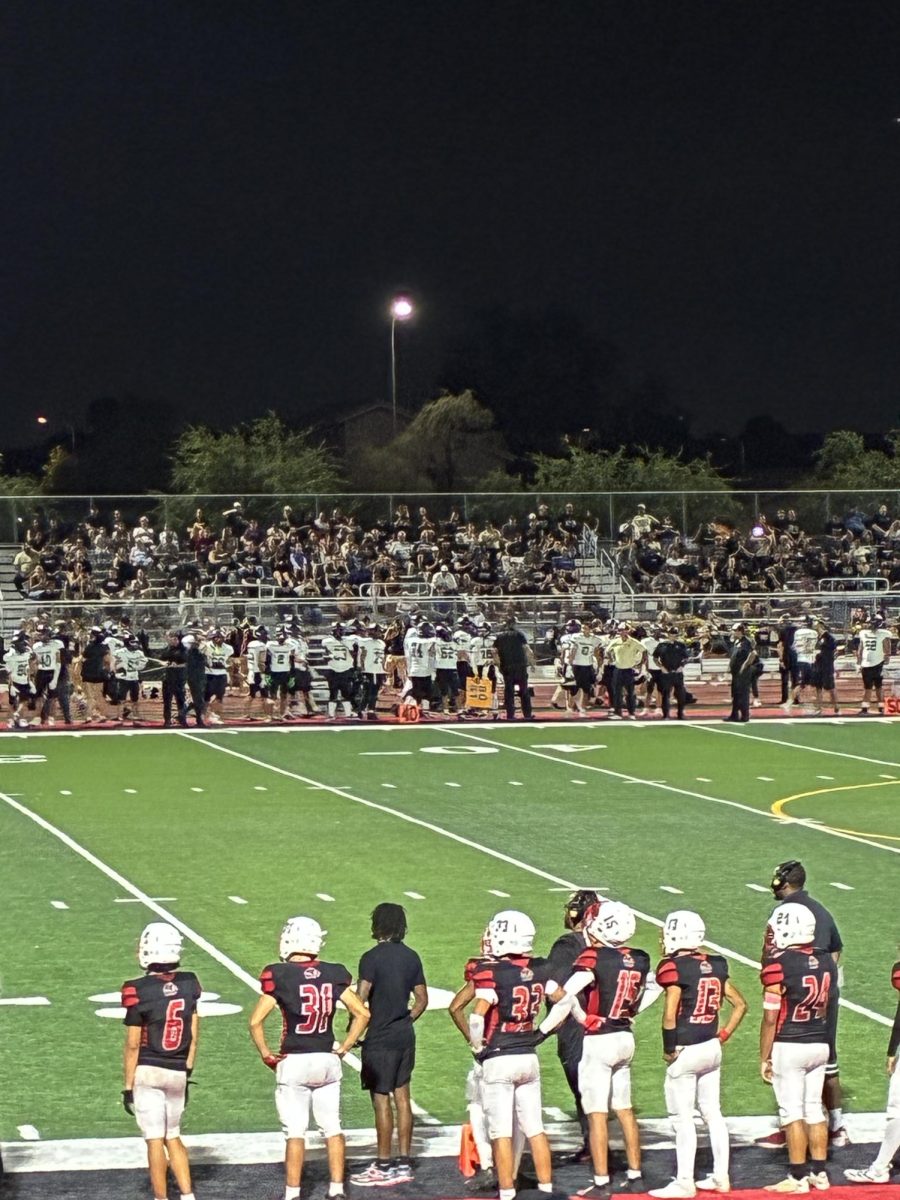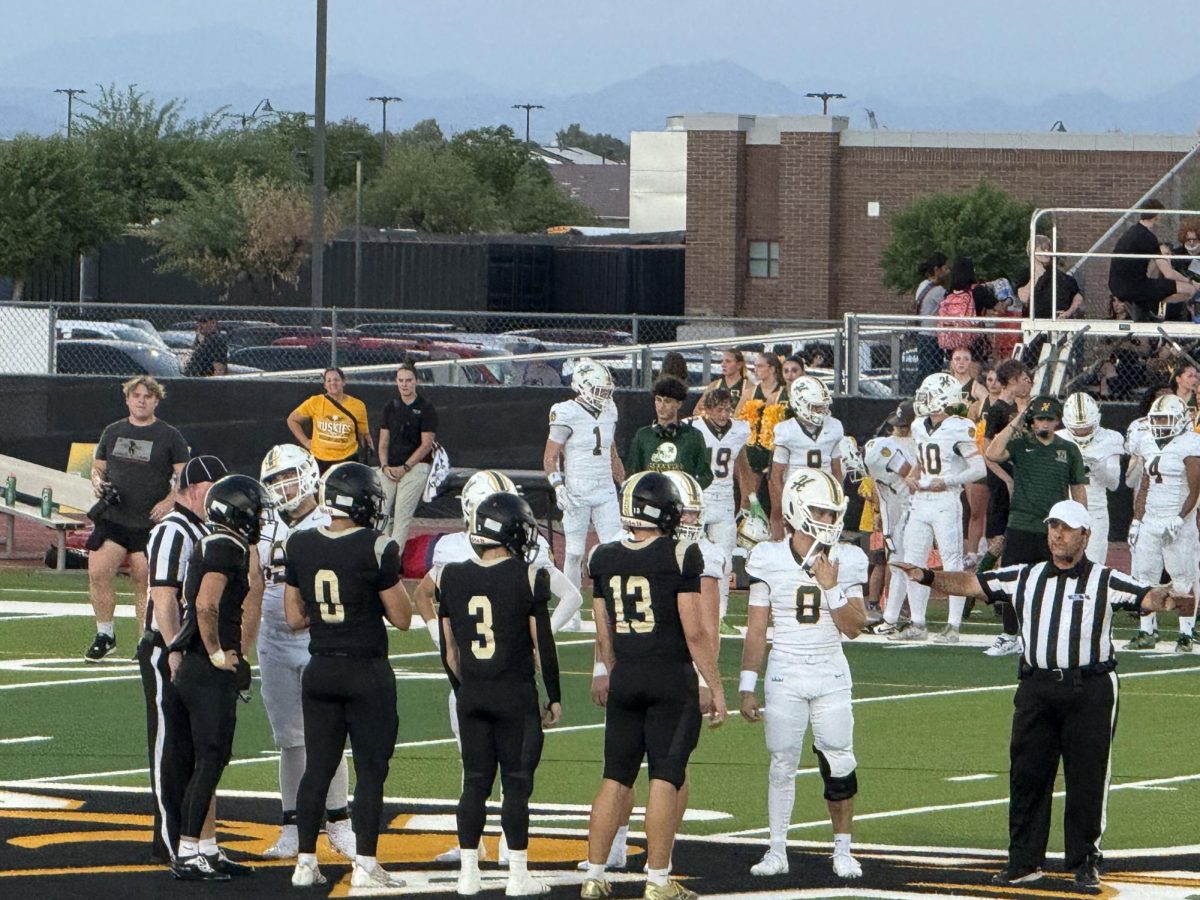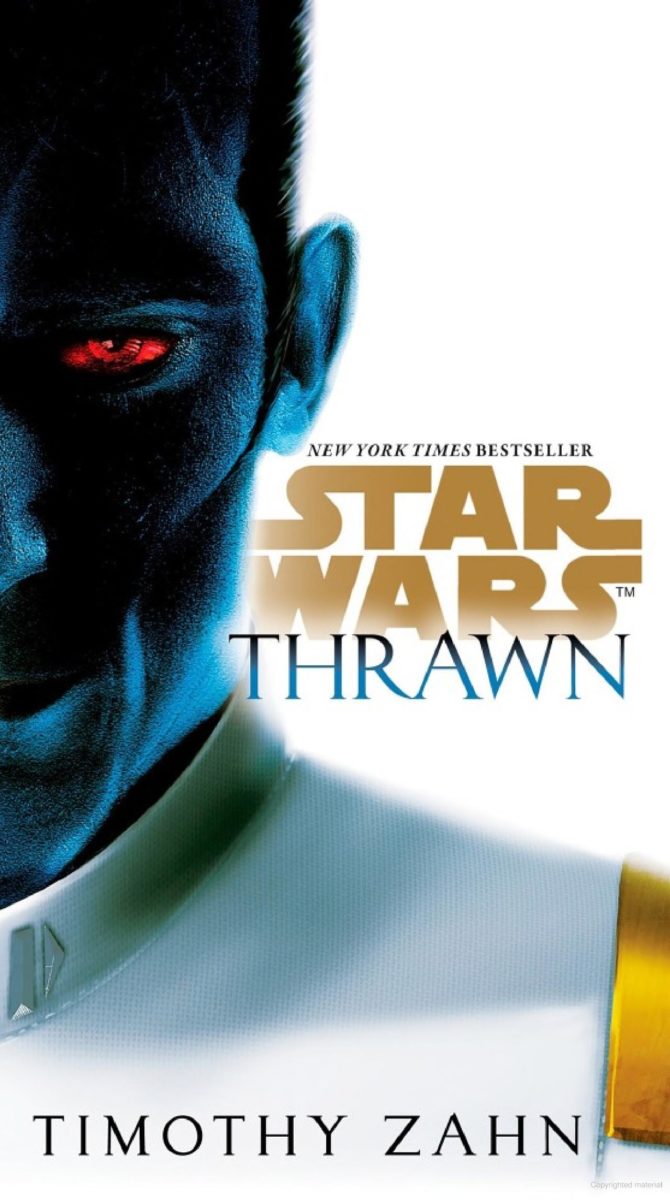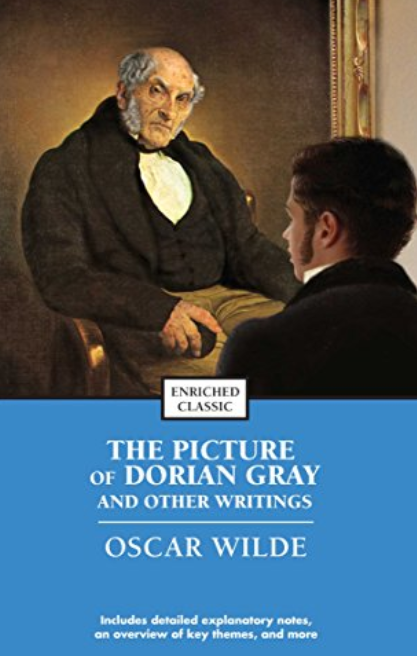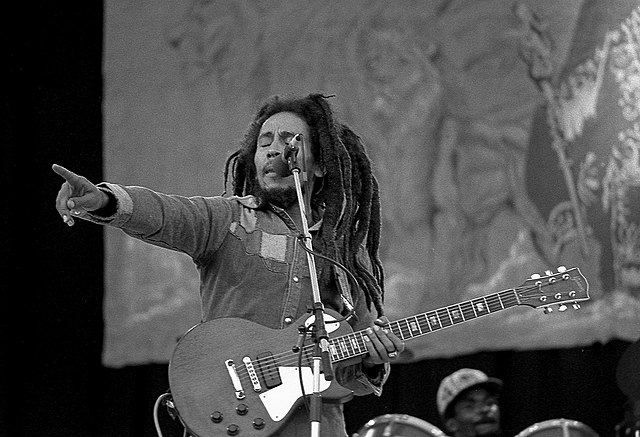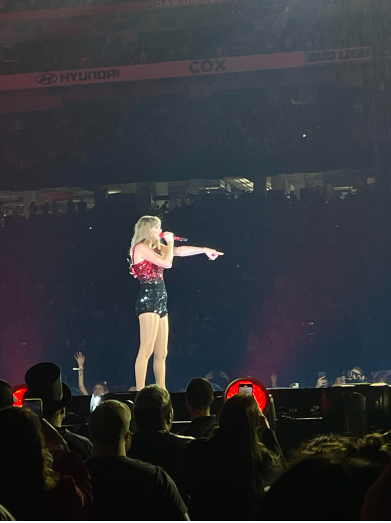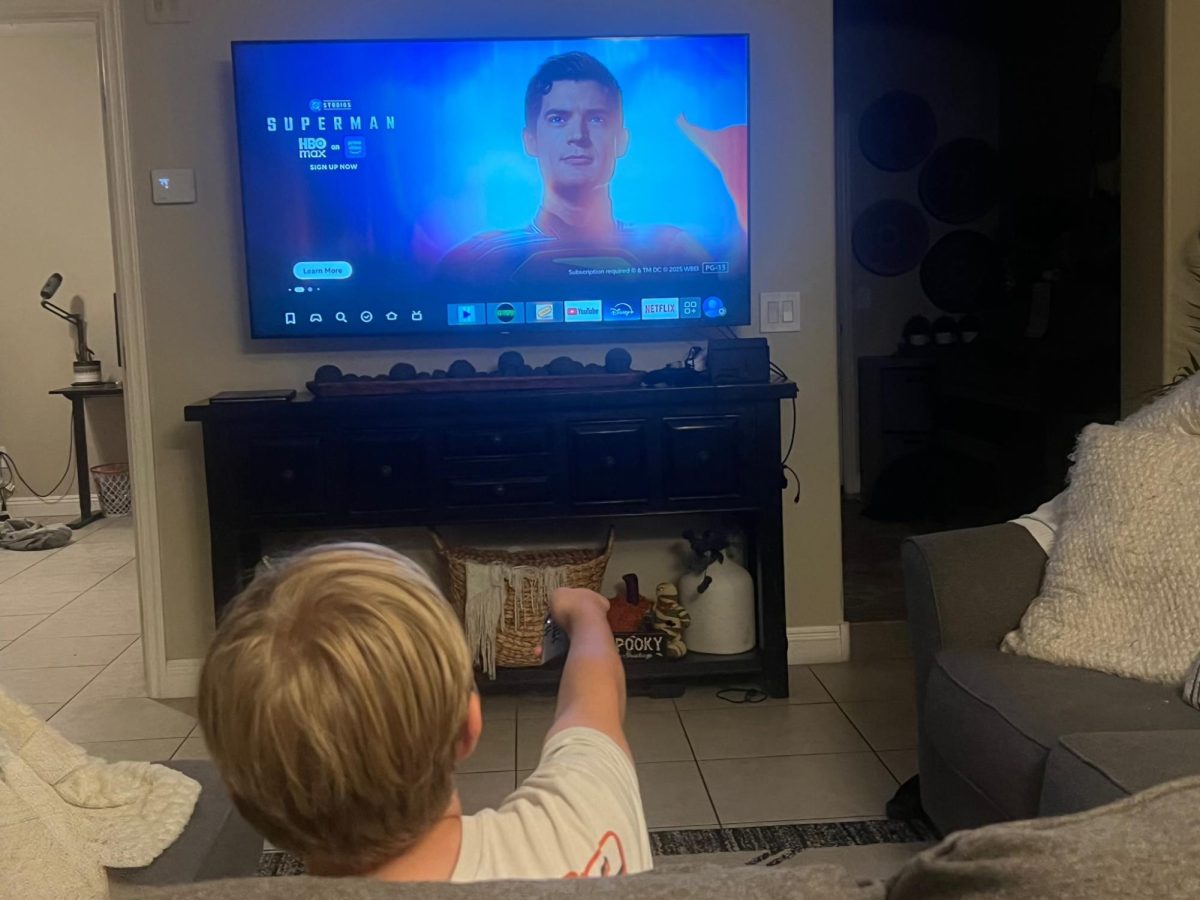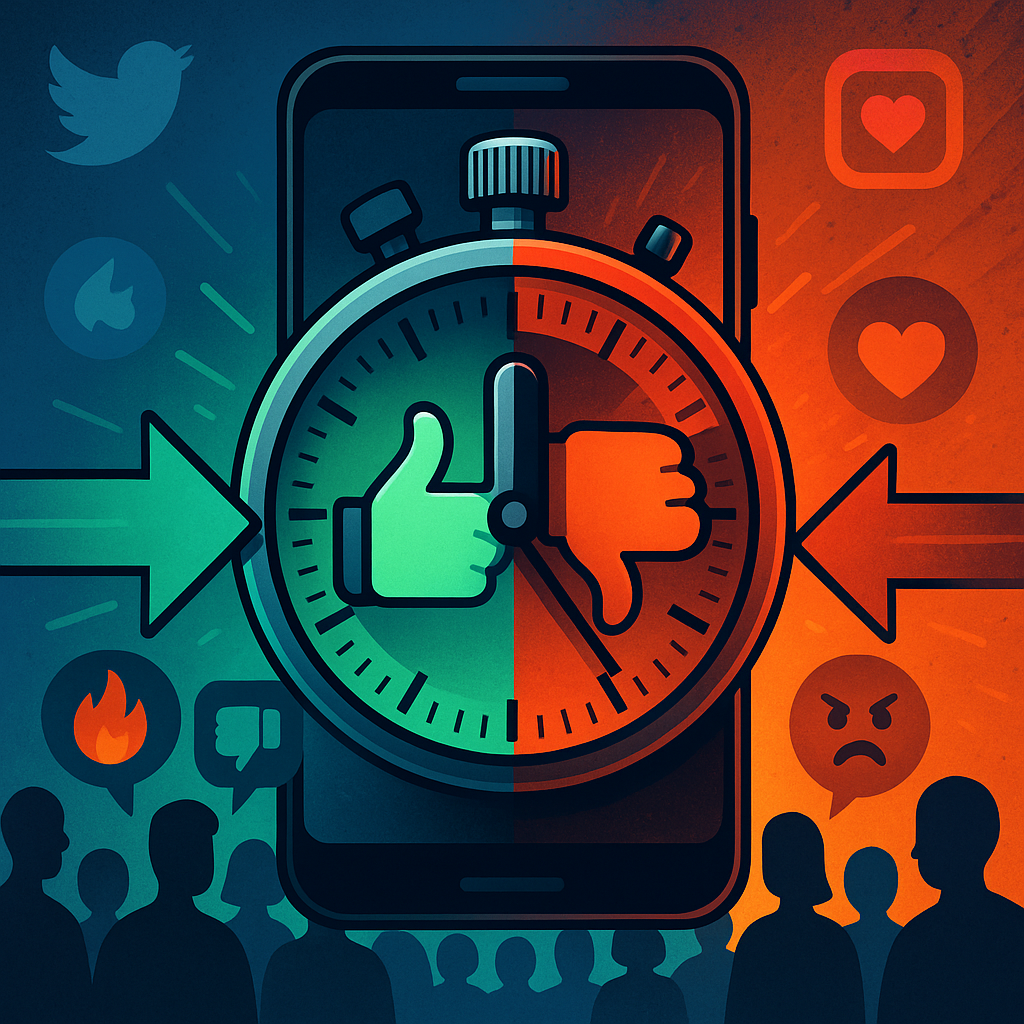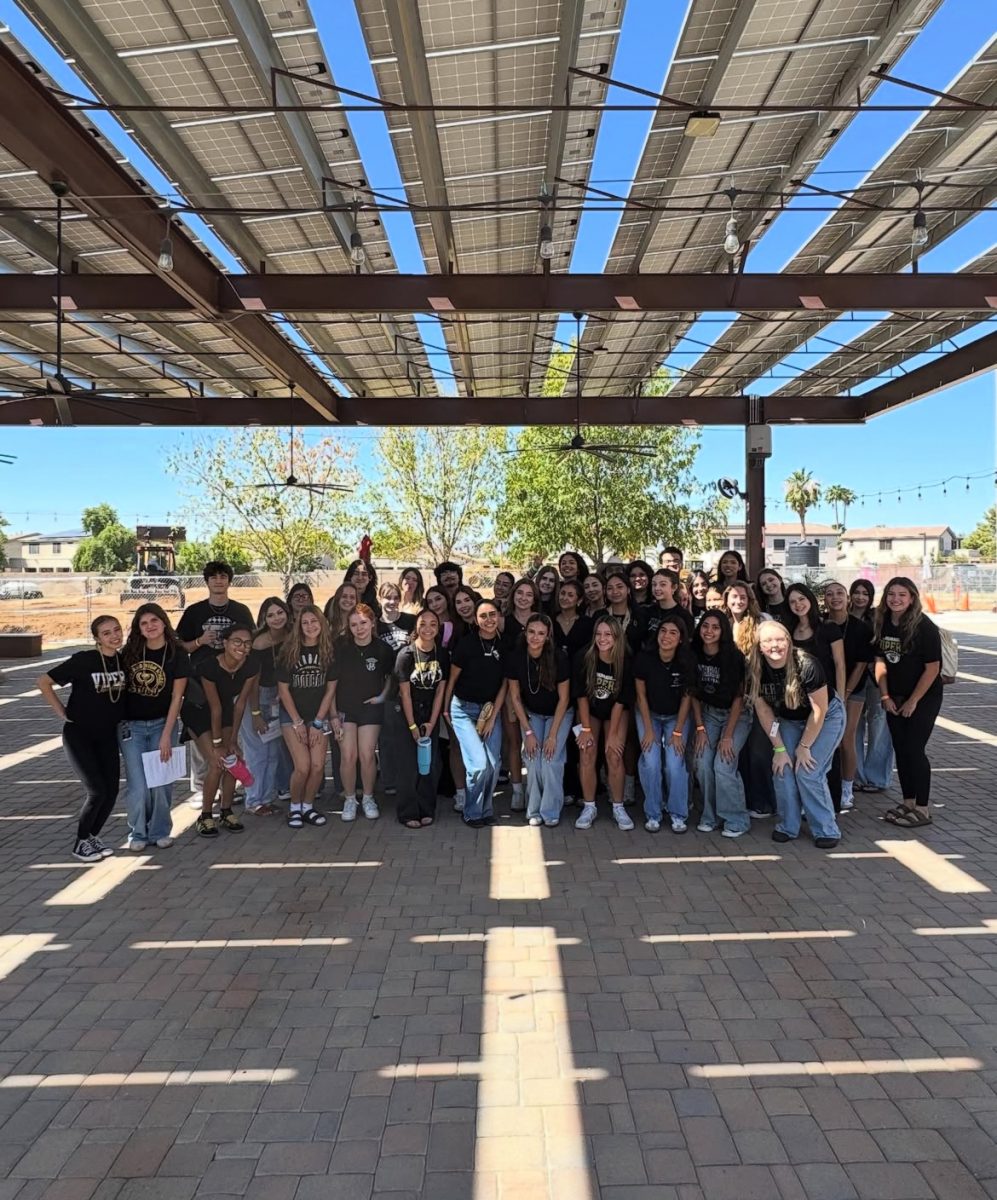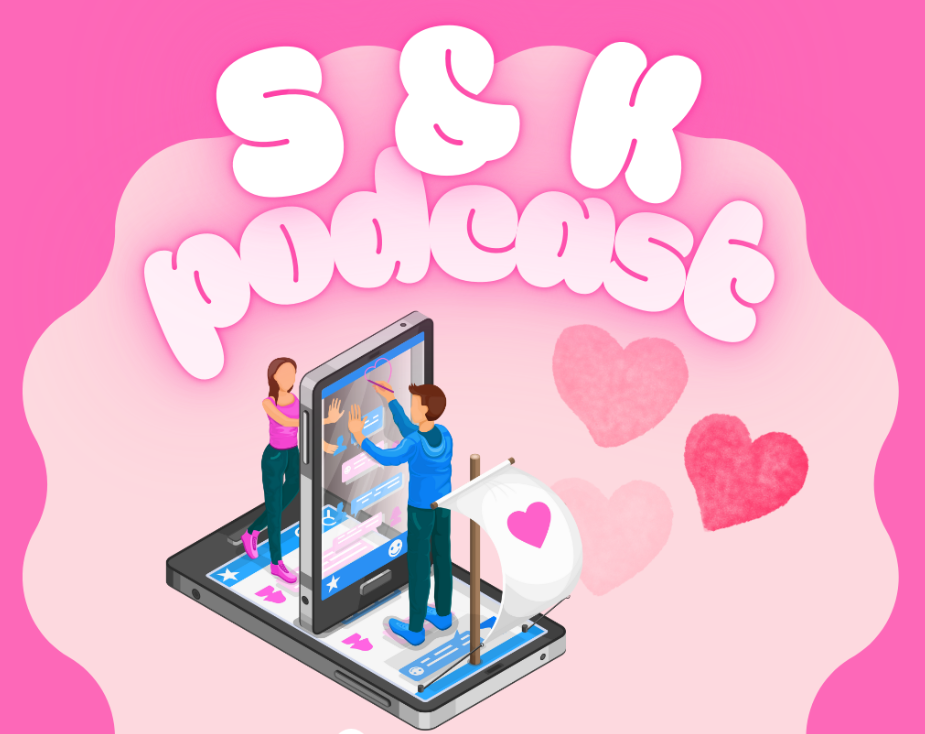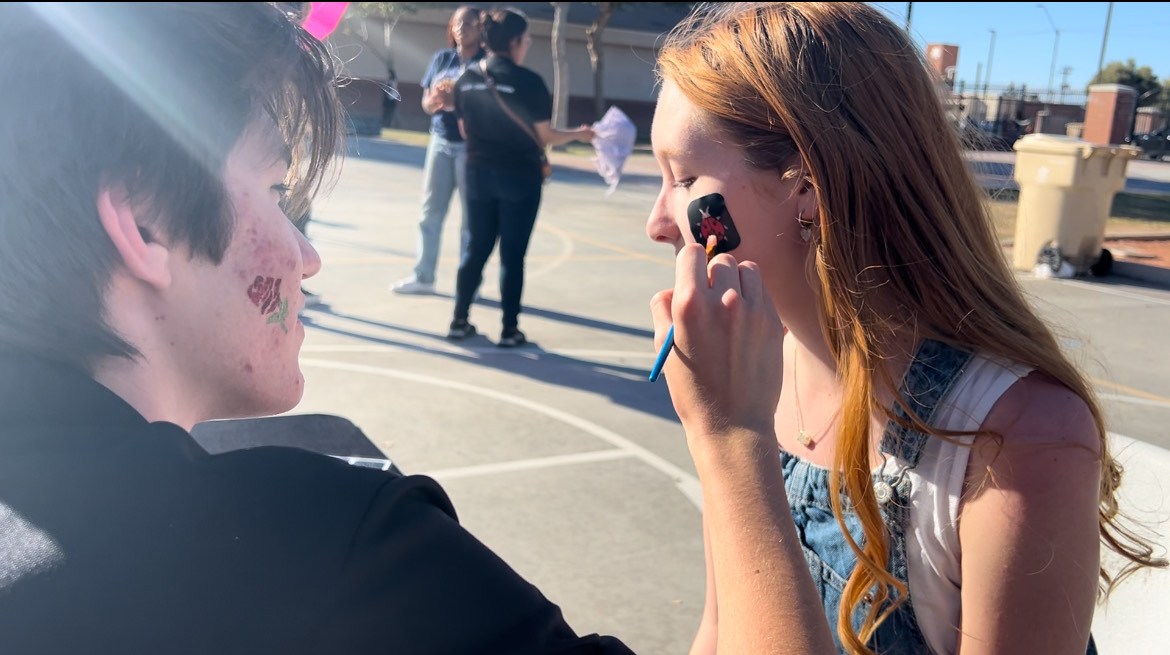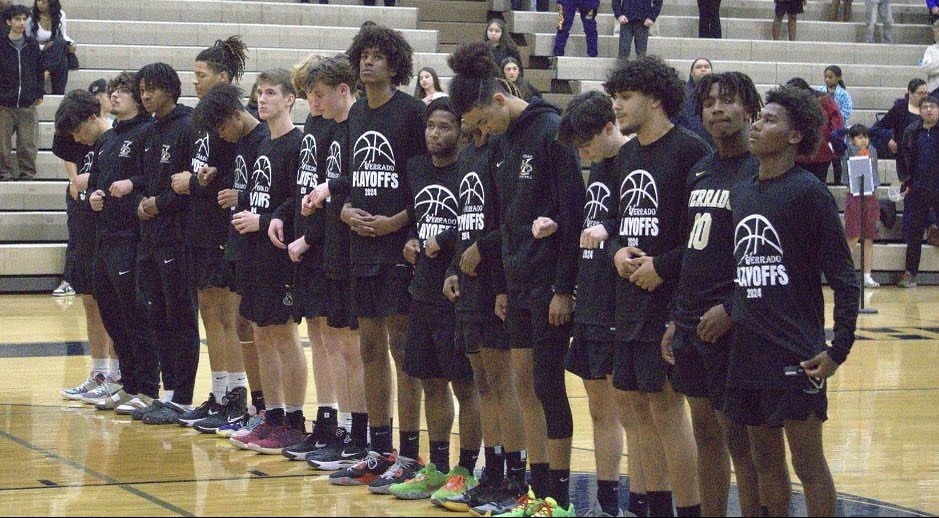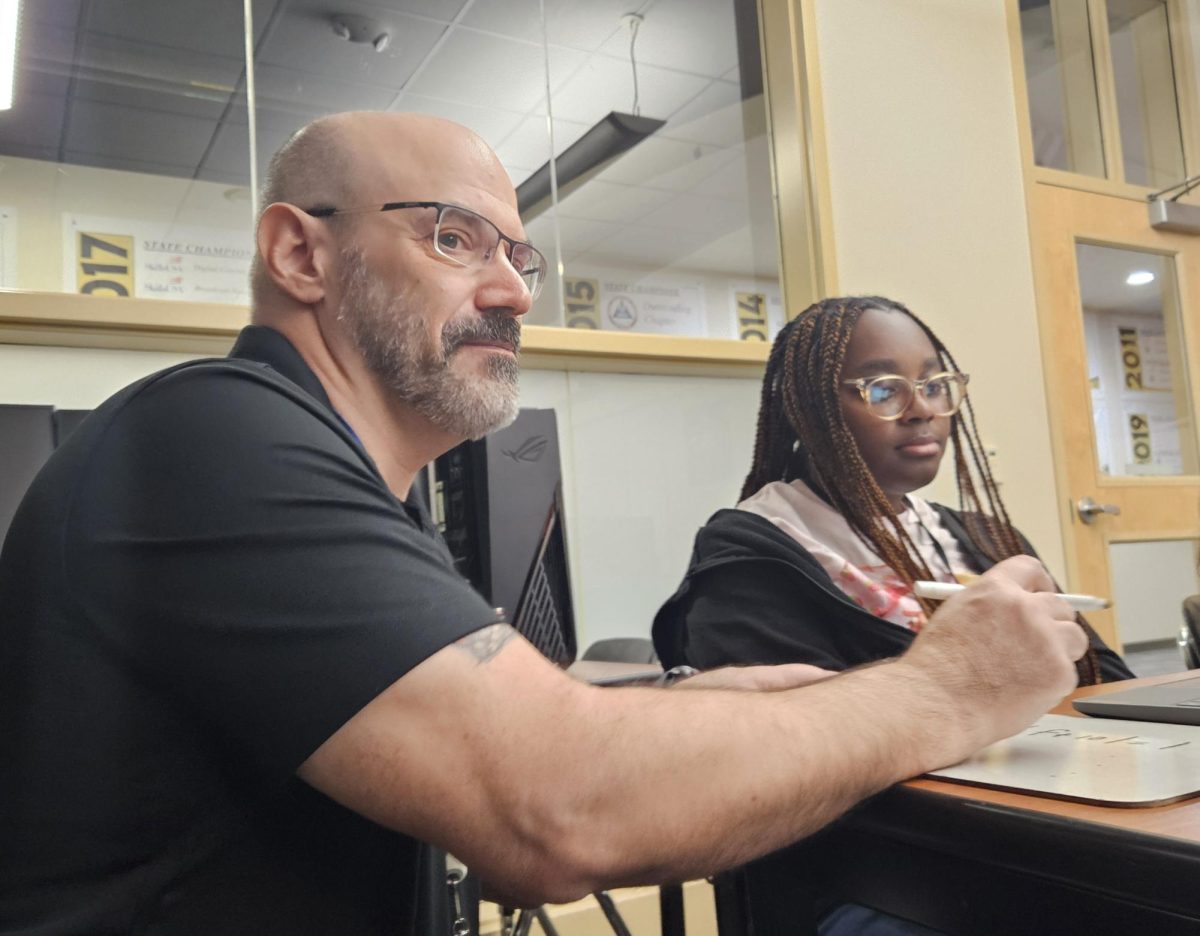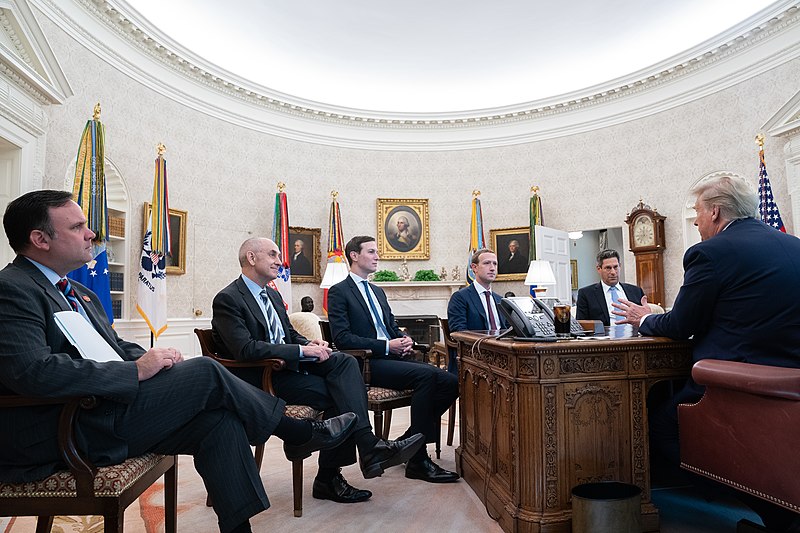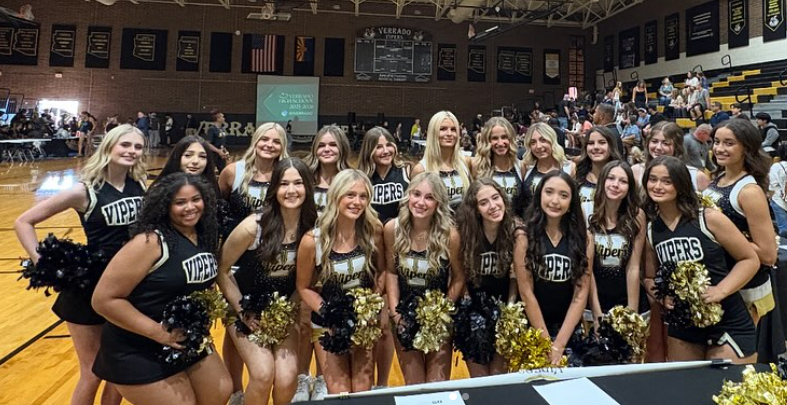As the Trump administration begins to take hold, Mark Zuckerberg is steering Meta’s response to a new Trump era — a triumphant return to the White House in which the president has promised to seek retribution against his political foes and challenge long-standing conventions.
Zuckerberg’s efforts intensified earlier this month when he appointed Joel Kaplan, a longtime Republican operative, to lead Meta’s global policy, replacing Nick Clegg, a former British deputy prime minister. He also announced that Dana White, the chief executive of the Ultimate Fighting Championship and a close Trump ally, would join Meta’s board.
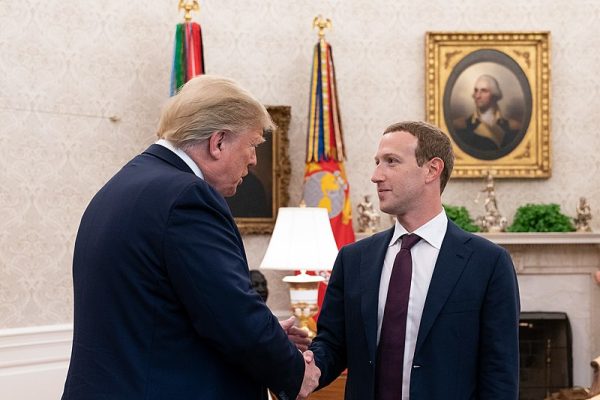
But perhaps his most provocative move came when — in a set of sweeping changes — Meta said that it would end its longtime fact-checking program, instead relying on users to add notes to posts.
“It’s time to get back to our roots around free expression,” Zuckerberg said in a video announcing the changes. “We’ve reached a point where it’s just too many mistakes and too much censorship.”
The change was a departure from the traditional process that precedes alterations to Meta’s policies. This process often involves months of deliberation, swiftly blindsiding employees and inciting internal backlash on the company’s employee message board.
Meta also said it would lessen restrictions on hateful commentary, including allowing “allegations of mental illness or abnormality when based on gender or sexual orientation.” The company said it would include more political content in Facebook’s News Feed after limiting that content six years earlier.
In the days since, Meta has only increased its appeal to the Republican faithful, including ending the company’s diversity, equity, and inclusion programs. In an interview with Joe Rogan, Zuckerberg claimed that Facebook was pressured by the Biden administration to “censor” certain content.
Since the election, Zuckerberg has met with President Trump at his Florida club, Mar-a-Lago, several times, including earlier this month. Meta has also donated $1 million to Trump’s swearing-in committee, adding to the president’s inaugural record as other corporations and wealthy donors seek to curry favor with him.
Zuckerberg attended Trump’s inauguration on Monday with other tech executives, including Jeff Bezos, Amazon’s founder; Tim Cook, the chief executive of Apple; and Sundar Pichai, Google’s chief executive. He was also among the guests at a party for Trump held at the Beaux-Arts mansion of Peter Thiel, a former Facebook board member and one of the Republican Party’s largest donors.
On Wednesday, Meta agreed to pay Trump $25 million to settle a lawsuit that he filed after his Facebook and Instagram accounts were suspended following the Jan. 6, 2021, attack on the Capitol. And in a meeting with employees on Thursday, Zuckerberg defended his recent changes.
“We now have an opportunity to have a productive partnership with the United States government and we’re going to take that,” Zuckerberg said. “I think it’s the right thing to do because there are several areas, even if we don’t agree on everything, where we have a common cause for things that are going to make it so that we can serve our community better and we can advance the interests of our country together.”
For his part, Trump said that Meta had “come a long way” at a news conference at Mar-a-Lago, noting his repeated threats against the company and its embattled executive. But Zuckerberg still has his critics among right-wing influencers. That includes Steve Bannon, the former Trump advisor, who referred to him as a “criminal” in an interview on Friday.
“This is a ploy to avoid being regulated,” Senator Marsha Blackburn of Tennessee said in a post on X. “We will not be fooled.”
Facebook at “War”
For years, Zuckerberg played by a strategy that allowed him to delegate his most dedicated executives — known internally as “Mark’s Team” — to Facebook’s lucrative endeavors while he expressed greater interest in passion projects. It was an approach that averted much of the responsibility for content that Silicon Valley leaders have faced.
That distanced leadership ended after Facebook was accused of purveying conspiracy theories and disinformation about Hillary Clinton in the months before the 2016 election. For the first time since the words “a Mark Zuckerberg production” were first printed below every Facebook page, Zuckerberg took responsibility.
“The bottom line is: we take misinformation seriously,” he apologetically wrote in a personal Facebook post. “We’ve been working on this problem for a long time and we take this responsibility seriously. We’ve made significant progress, but there is more work to be done.”
What followed was an apology tour, including a road trip across rural America that led to rumors that Zuckerberg was considering a presidential bid. And as Facebook’s woes mounted, including accusations that the social network exacerbated a genocide in Myanmar against the Muslim Rohingya people, his pleas publicly intensified.
“We didn’t focus enough on preventing abuse and thinking through how people could use these tools to harm as well. We didn’t take a broad enough view of our responsibility, which was a huge mistake,” he said in a conference call in 2018. “It was my mistake.”
Internally, he had convened a consequential meeting with his most senior executives declaring that Facebook was at “war.” The social network needed an instinctual and unwavering leader who would vigorously and decisively direct it against a barrage of criticism, he said.
For Sheryl Sandberg, the company’s oft-decried chief operating officer, the shift was clear. Zuckerberg began to embrace the courtier role that Sandberg once held. He gave intent assurances that Facebook was resolving its issues in a dinner with Senate Democrats and held discussions with President Emmanuel Macron of France.
And in a coercive effort to reestablish his image, Zuckerberg signed off on an initiative, known as Project Amplify, to promote pro-Facebook posts on News Feed, and to distance himself from claims that the social network had not done enough against racist speech and Covid-19 misinformation.
Zuckerberg, 40, also turned to definitive — if ostentatious — public fashion statements. Gone were ill-fitting suits against an uncomfortable mea culpa. Instead, he has worn gold chains, sported a fluffy yet elaborate hairstyle prominent among Gen Z, and taken to combat sports — once agreeing to fight Elon Musk in a “cage match.”
The response to Zuckerberg’s efforts can be measured in his often patriotic Fourth of July posts. Where he once received online mockery for mounting a moving hydrofoil and “smoking these meats,” a caption he wrote in a post the following year, he has now garnered positive attention for surfing in a tuxedo while carrying the American flag, set to Bruce Springsteen’s “Born in the U.S.A.”
But he has also taken a decidedly nonpartisan approach — a contrast to Musk’s endorsement of far-right figures. Once among Silicon Valley’s most stalwart defenders of progressive policies even as he privately expressed libertarian views at times, Zuckerberg has largely rejected his traditional liberal image, paralleling an ascendant conservative movement among tech executives that began during the pandemic.
The shift is remarkable for the founder of several political organizations, including Fwd.US, an effort to provide undocumented immigrants with a pathway to citizenship, and the Chan Zuckerberg Initiative, a philanthropic endeavor he founded with his wife, Dr. Priscilla Chan, in 2015. The organization has spent hundreds of millions on promoting policies such as legalizing drugs.
Yet as internal criticism at CZI intensified following the police killing of George Floyd in 2020, directly accusing Zuckerberg of allowing Trump to issue divisive comments on Facebook and calling for his resignation, he saw his detractors at the initiative as a distraction from the group’s work.
Still, Zuckerberg and Chan continued to donate hundreds of millions to election-related efforts, attracting ire from Republicans, including Representative Jim Jordan of Ohio, the hard-right chair of the House Judiciary Committee. The donations came to be known as “Zuckerbucks” in conservative circles.
In response, Zuckerberg hired Brian Baker, a Republican strategist, to ease their concerns. And a spokesman for Zuckerberg told reporters in April 2022 that the executive would end his election grants, a forceful concession for an executive who once saw his work as nonpartisan.
“The political environment, I think I didn’t have much sophistication around, and I think I just fundamentally misdiagnosed the problem,” he said in a podcast interview in San Francisco before a live audience of thousands in September. “That there was this basic challenge and there were a lot of things I don’t want to simplify this too much.”
Meta’s Fight over Free Speech
When Zuckerberg took the stage in Washington, D.C., in October 2019, he offered a sharp rebuke of the idea that Facebook should serve as an arbiter of speech, a responsibility that he once publicly embraced as the company’s chief executive.
“I’m here today because I believe we must continue to stand for free expression,” Zuckerberg said in his address to Georgetown University undergraduates. “People having the power to express themselves at scale is a new kind of force in the world, a Fifth Estate alongside the other power structures of society.”
Zuckerberg’s defiant message extolled an absolute view on free speech that has been widely assailed by critics. He also
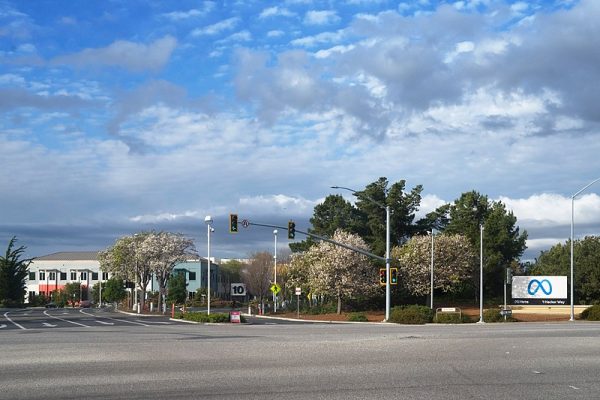
juxtaposed Facebook’s content policy with that of China, where authorities silence voices of dissent, and he tried unsuccessfully to expand his company’s operations several times despite a ban on the social network.
In recent years, Meta’s policies have reflected Zuckerberg’s personal views. Last year, the company moved to discontinue a data analytics service that allows researchers to monitor misinformation on Facebook. It also folded a focused election integrity effort into a general integrity team.
After Facebook announced in September 2019 that it would not restrict political advertisements based on their speech, including those that included false information, an internal memo signed by hundreds of employees made clear the vigorous opposition to Zuckerberg’s leadership.
“We strongly object to this policy as it stands,” the letter said. “It doesn’t protect voices, but instead allows politicians to weaponize our platform by targeting people who believe that content posted by political figures is trustworthy.”
The company remained firm, stating that it was “committed to not censoring political speech.” But Zuckerberg largely abandoned his principles as the Biden administration moved to direct Meta to remove misinformation about the Covid-19 pandemic — once a subject of activism for the executive — from Facebook and Instagram.
Yet in a letter sent to Jordan in August, Zuckerberg asserted that the Biden administration had “repeatedly pressured our teams for months to censor certain Covid-19 content.” And he said he would no longer donate to political causes, quelling criticism of “Zuckerbucks.” In an interview with the podcaster Joe Rogan earlier this month, he continued his criticism.
“The whole point of social media is giving people the ability to share what they want,” Zuckerberg told Rogan. “It goes back to, our original mission is just to give people the power to share and make the world more open and connected.”
A Strained Relationship
Kaplan, a veteran of the George W. Bush administration, introduced Zuckerberg to a range of conservative figures in 2019, including Senator Lindsey Graham of South Carolina and the television presenter Tucker Carlson. But his final act that year was several meetings that Zuckerberg had with Trump.
Sitting beside Kaplan and Jared Kushner, Trump’s son-in-law, in the Oval Office in September 2019, a well-prepared Zuckerberg appealed to Trump — a vociferous critic of Facebook — by praising his high engagement on the social network, a claim that the president later repeated during a White House coronavirus briefing.
But halting an assault by right-wing influencers against Facebook proved to be a challenge for Kaplan. He worked to influence the company’s policies from within, successfully arguing to the company’s security team that censoring false news stories was disproportionately affecting conservative voices.
Yet after the Jan. 6, 2021, attack on the Capitol, Meta moved to ban Trump from Facebook and Instagram through the end of his term, before extending his suspension indefinitely. His social media accounts were reinstated two years ago with measures to discourage the sort of rhetoric that led to the assault.
The decision to suspend Trump’s accounts rested with the Facebook Oversight Board, a company-appointed panel that
was established by Clegg during the Covid-19 pandemic. The bureaucratic approach was a familiar environment for the British political veteran, who urged Zuckerberg to be defensive in justifying consequential decisions.
That direction changed in July, when the company rolled back those restrictions, citing the need for users to hear from political candidates leading up to an election. It was one of several political victories the former president had received a day before he was shot by a would-be assassin during a rally in Butler, Pa.
“We believe that the American people should be able to hear from the nominees for President on the same basis,” Clegg said in a statement. “In reaching this conclusion, we also considered that these penalties were a response to extreme and extraordinary circumstances, and have not had to be deployed.”
Zuckerberg privately called Trump “praying” for him after the assassination attempt on his life. And in an interview in August, he gave praise to Trump for raising his fist in defiance at the crowd, a defining moment of the attack.
But Trump did not reciprocate the endorsement. In a book published earlier this year, he threatened Zuckerberg for his political donations in 2020, falsely claiming that the executive’s efforts were an attempt to illegally influence the election.
“He told me there was nobody like Trump on Facebook. But at the same time, and for whatever reason, steered it against me,” he wrote in “Save America.” “We are watching him closely, and if he does anything illegal this time he will spend the rest of his life in prison.”
Still, Zuckerberg continued to offer his support. His most prominent push to restore his rapport with Trump came three weeks after the election when he met with the president-elect at Mar-a-Lago to congratulate him on his electoral victory.
“Mark Zuckerberg has been very clear about his desire to be a supporter of, and a participant in, this change we’re seeing all around America and the world,” Stephen Miller, the deputy chief of staff, said in an interview with Fox News. “He’s made clear that he wants to support the national renewal of America under Trump’s leadership.”


